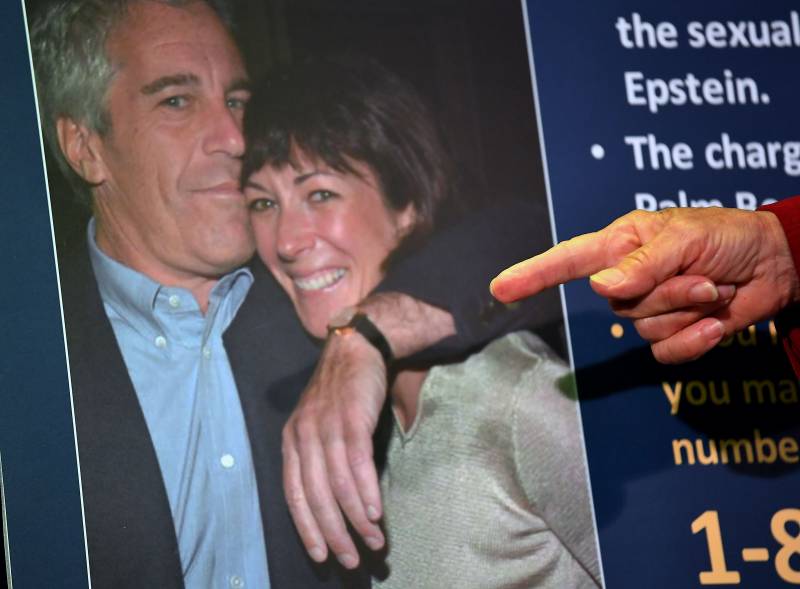Last week, 20 police officers and FBI agents raided a lavish home in Bedford, New Hampshire and emerged with Ghislaine Maxwell in handcuffs. Maxwell, a close associate, confidante and—many say—co-conspirator of Jeffrey Epstein, now faces six counts related to the sex trafficking of minors, very similar to the ones that Epstein didn’t live long enough to face in court.

Epstein’s accusers have long claimed that Maxwell recruited, groomed and exploited them; that he couldn’t have done what he did without her assistance. Federal prosecutors charge that Maxwell even took part in some of the sexual abuse directly. But the 58-year-old Brit has been evading authorities so flagrantly and for so long that, last year, the Sun newspaper resorted to offering a £10,000 reward for information leading to her location.
Following 2017’s #MeToo reckoning, the world became all too familiar with the ways that enablers can assist and protect prominent sexual predators. But of all of the enablers that have emerged in the last few years, Maxwell is arguably the most notorious. That’s partly because she’s a woman alleged to have facilitated the abuse of others. And it’s partly because of the degree and depth of her involvement with Epstein (“She had served him for years, maintaining his homes, ranch, and private island,” reports Vanity Fair).
But it’s also partly because the allegations against her represent a new, monstrous degree of enabling we’ve not quite seen before.


